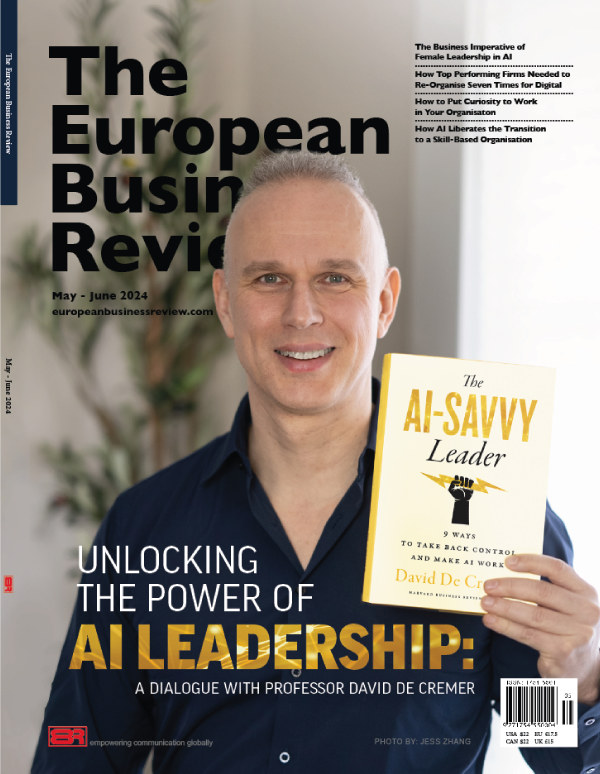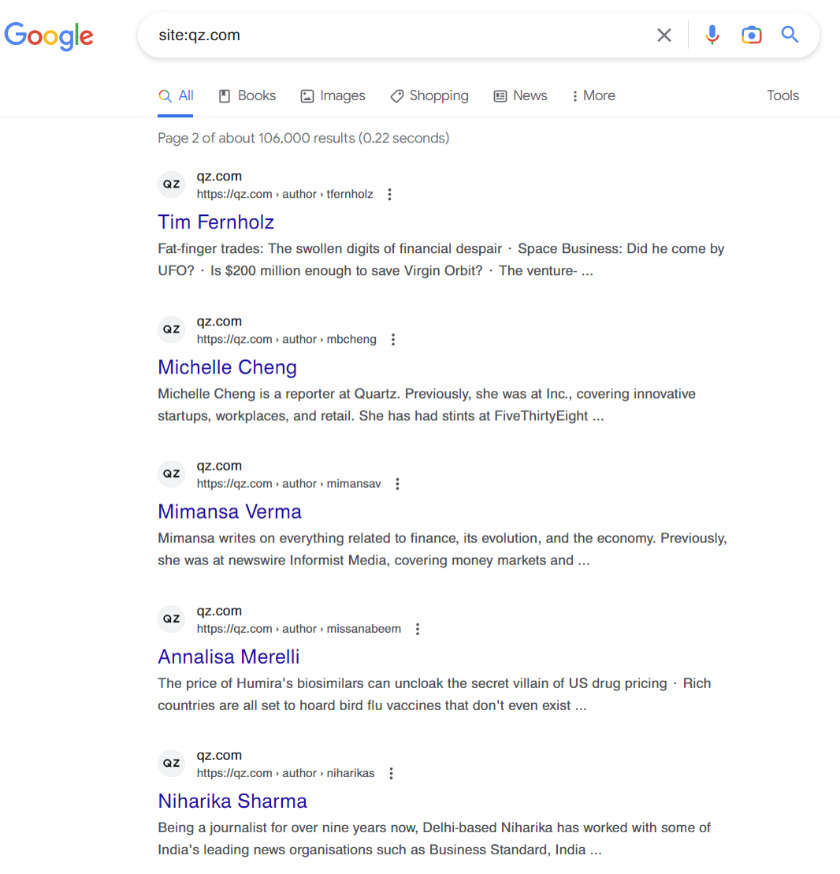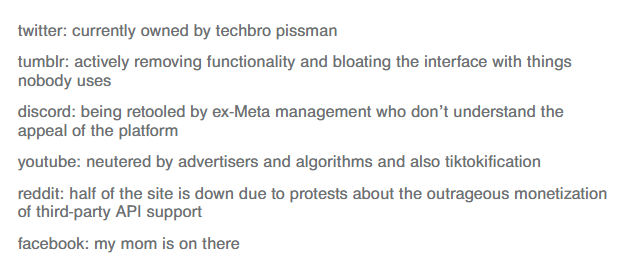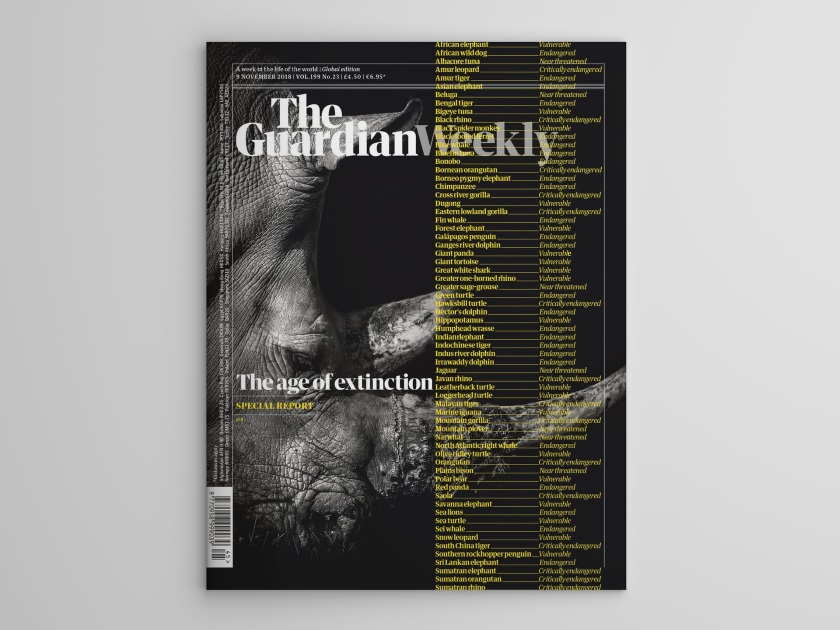The web is full of bollocks these days, thanks to Google rewarding junk. Here’s The European Business Review, which looks like a legit publication.

Not that you can tell from its website:

As their latest print cover is on “AI”, then maybe it is only fitting that their website is stuffed with LLM-written drivel.
Do proponents of LLMs not realize how we can all tell when an article is written by one? It’s 2024, and we’re savvy enough to distinguish bot drivel from human-written articles right now. Either that or the EBR was hacked by some highly dubious types who decided to flood their website with junk. Similarly we are savvy enough to know when an article has been paid for, even when it’s not marked as such, by looking at the language and the weird links they have.
If these EBR pieces are authorized, then you can’t trust the entire site—and I would say there’s no point subscribing if this is the junk they now offer.
Speaking of junk, my friend Richard MacManus recently blogged how a crypto marketing company acquired the website he founded, ReadWrite (formerly ReadWriteWeb). It’s a mob called ClickOut Media, who is the latest in a long line of owners. You can read more about them here. (Bear in mind that that is on Linkedin, which is a known misinformation spreader.) ClickOut’s founders, Adam Grunwerg and Samuel Miranda, are also directors of something called Psychic Ventures Ltd.
ClickOut even had the cheek to ask Richard to write as a journalist for them—without realizing he was the founder of ReadWriteWeb.
It must be heartbreaking for Richard to see his old site, which gained a reputation for accurate and credible reporting about tech, feature stories like ‘Best online casinos for real money in April 2024’. They still refer to Richard as the founder with an inaccurate bio, too.
You can instead check out the real story of ReadWriteWeb in Richard’s memoir on Cybercultural, which he is serializing online for free.
I told Richard about my experience with someone trying to acquire one of our properties. That company, based in India, had an MO of buying a site and destroying it—or, more specifically, stuff it full of SEO keywords and links since the site had so much credibility, then selling it on, demonstrating how much it had made in link-selling. Decades of articles and links make sites with a long history targets.
Tech can deteriorate as it democratizes, e.g. email was fine before the spammers. But the web has been corrupted far more than I ever imagined, and “AI” is supercharging its uselessness.







